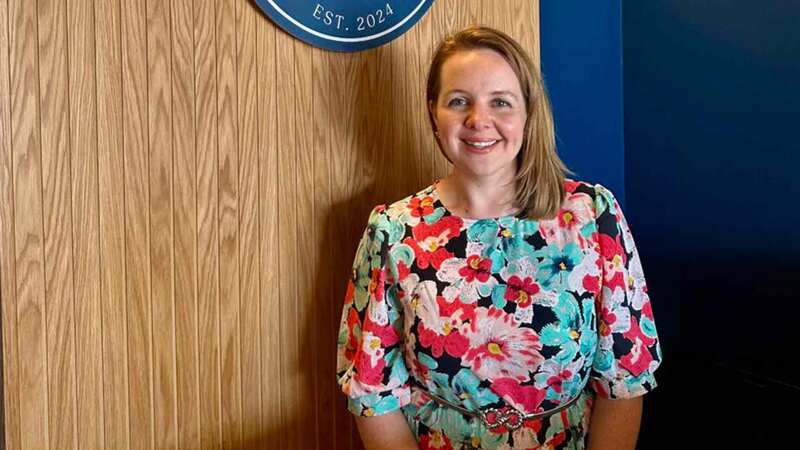You are viewing your 1 free article this month. Login to read more articles.
Writers’ Guild of Great Britain demands fair pay for writers ahead of general election
The Writers’ Guild of Great Britain (WGGB) has called on the next government to “enshrine protections for writers” in its manifesto recommendations ahead of the forthcoming general election.
The trade union representing writers wants the next government to implement its recommendations around fair pay, fair treatment, sustainability, and copyright and AI.
Ellie Peers, general secretary of WGGB, said: “Writing is a highly skilled job and everything starts with the writer – without them there would be no feature films, TV or audio dramas, no plays, no books, poems or videogames.
“They provide the fuel that fires our creative industries, which in turn makes a major contribution to the UK economy.”
Peers added: “We call on whoever forms the next government to enshrine protections for writers on fair pay and fair treatment, ensure that the creative sector is sustainable and, in a world that is being transformed by AI, introduce robust protections on copyright.”
The UK’s general election is set to take place on 4th July.
WGGB claims it represents an industry currently worth over £124bn to the UK economy, yet its writers are often “underpaid” and “undervalued”.
A WGGB survey on writers and AI published in 2023 found that 65% of respondents believed that increased use of AI would reduce their income from writing, while 61% were worried that AI could replace jobs in their craft area.
It says more support is needed to ensure that the UK can continue to produce content that reflects the vibrancy and diversity of modern Britain.
The WGGB manifesto calls for greater restrictions on free work and low pay across the creative industries, with penalties for those who continue to underpay.
It also suggests improved commissioning processes, including greater transparency around decision-making.
The body also seeks independent inquiries into racism, sexism and other forms of discrimination in the creative industries.
Its manifesto includes increased, ringfenced funds for the Public Lending Right (PLR) fund, and an expansion of the qualifying libraries to include private, community and educational libraries.
The WGGB also raises concerns about AI posing a significant threat to writers’ work and earnings. To protect writers, it is calling on the next government to maintain and strengthen existing copyright protections, and establish a new regulatory body to monitor and regulate AI expansion.
The manifesto also suggests ensuring that AI licensing agreements are always required for the use of work by AI, and that the granting of such licences is at the discretion of the rights holder.
The full manifesto can be found here.
Reporting by Matilda Battersby
















